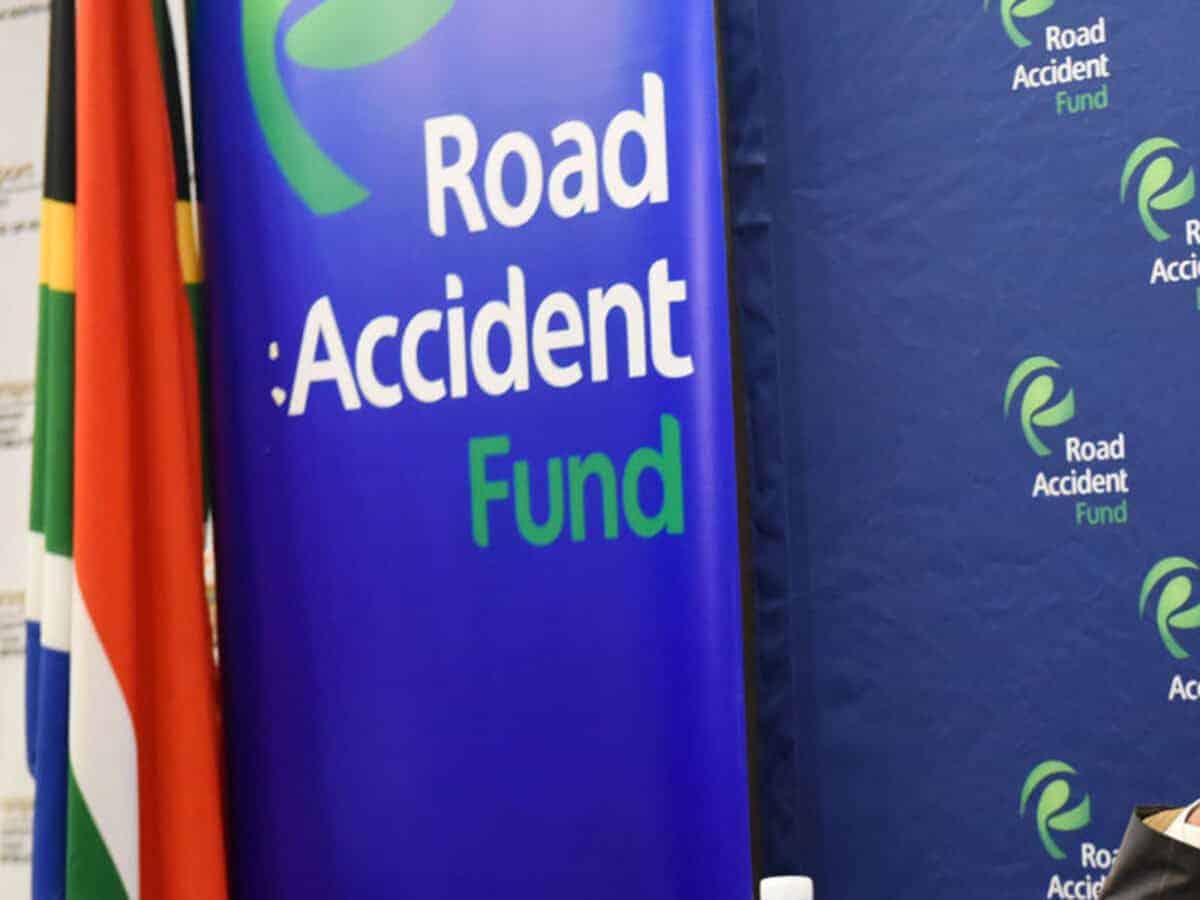A whistle-blower claims executives at the cash-strapped RAF inflated invoices and dodged the rules to get personal benefits, including hotel stays and booze.

The Road Accident Fund (RAF) is facing explosive allegations of corruption, inflated billing and procurement irregularities linked to its Successful Stories marketing campaign, a project that has reportedly cost the troubled entity over R10 million, with little evidence of value for money.
According to a whistle-blower complaint submitted to the agency’s board chair, Kenneth Brown and acting CEO Phathutshedzo Lukhwareni, senior executives are accused of manipulating procurement processes, splitting invoices to bypass approval limits and receiving VIP treatment from service providers in apparent exchange for contracts.
At the centre of the allegations are invoices reportedly submitted by the two companies contracted to execute the campaign.
Whistle-blower alleges RAF executives manipulated procurement
On 22 October, 2024, the companies allegedly submitted four invoices, two amounting to about R1.9 million and two for around R1.3 million.
These, according to the whistle-blower, were deliberately split to remain below the delegation of authority threshold of a senior RAF marketing executive, thereby avoiding higher-level approval.
Internal communications seen by The Citizen suggest that the splitting of invoices was intentional.
ALSO READ: RAF inquiry begins as MPs hear how claims are processed and search for new CEO continues
The whistle-blower claims a senior executive, together with a colleague in the marketing department, authorised the arrangement and pushed for expedited payments, even though the work had not been completed.
According to the complaint, staff were later instructed to create proof of execution documents after the fact to justify payments already made, sparking concerns about possible tampering with evidence.
The complaint also alleges that one of the companies involved in the project performed activities beyond its approved contract scope.
R2m for radio advertising space
Despite its contract excluding media buying services, the firm was allegedly paid around R2 million for advertising space on a national radio station, a service that should have been procured separately.
The payment was reportedly made directly to the company, bypassing usual procurement and financial controls.
The whistle-blower claims this arrangement raised serious governance concerns and potential conflicts of interest involving RAF officials.
ALSO READ: Former cop and driver jailed for R5 million RAF fraud attempt
Further allegations point to improper relationships between RAF officials and service providers.
One of the contracted firms is accused of paying for luxury hospitality for senior executives attending last year’s Metro FM radio awards in Mbombela, Mpumalanga.
Documents seen by The Citizen indicate that top officials were provided with VVIP tickets, paid accommodation and access to exclusive after-parties, with all expenses covered by a service provider.
VVIP tickets, paid accomodation, exclusive after-parties
Both executives, whose names are known to The Citizen, were reportedly accompanied by their partners.
In one instance, the same officials are accused of requesting the procurement of premium alcohol worth R15 000 for a private function, paid for by a company contracted to the RAF for the campaign.
Another official featured in the campaign is said to have had travel and accommodation expenses covered by the same service provider.
ALSO READ: Fidelity guarantee fund ordered to pay RAF claimant, after attorneys stole payout
A comparison with similar campaigns has raised questions about possible financial irregularities. For instance, the RAF’s Tyre Safety campaign, featuring 13 two-minute episodes, reportedly cost just R200 000 in total.
By contrast, the Successful Stories campaign, initially planned as 13 episodes but later expanded to 26, has allegedly ballooned to over R10 million.
Another similar project, Leeto’s Success Story, produced for digital satellite television channel Moja Love, which included 13 half-hour episodes complete with airtime, actors and production costs, cost R4 million.
R500k for online exposure
The whistle-blower also alleges that digital promotion costs were manipulated to justify increased contract values, with the RAF paying an estimated R500 000 a month for online exposure alone.
The complainant accuses the implicated executives of violating the Public Finance Management Act, Treasury regulations and the RAF’s own code of conduct by failing to use public funds efficiently and not engaging in conduct that constitutes a conflict of interest.
RAF spokesperson McIntosh Polela confirmed receipt of the whistle-blower submission, saying that the matter “is receiving attention internally”.
Support Local Journalism
Add The Citizen as a Preferred Source on Google and follow us on Google News to see more of our trusted reporting in Google News and Top Stories.






